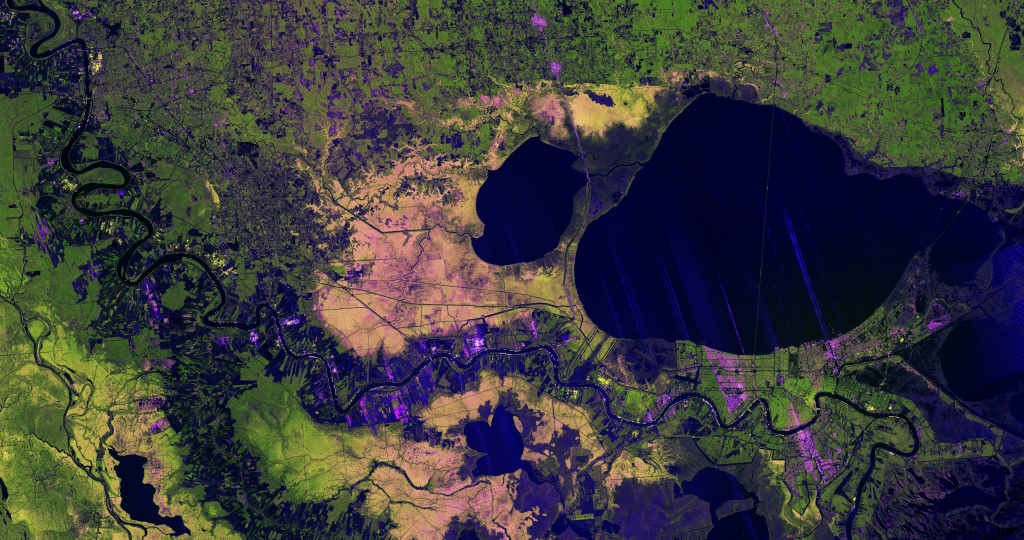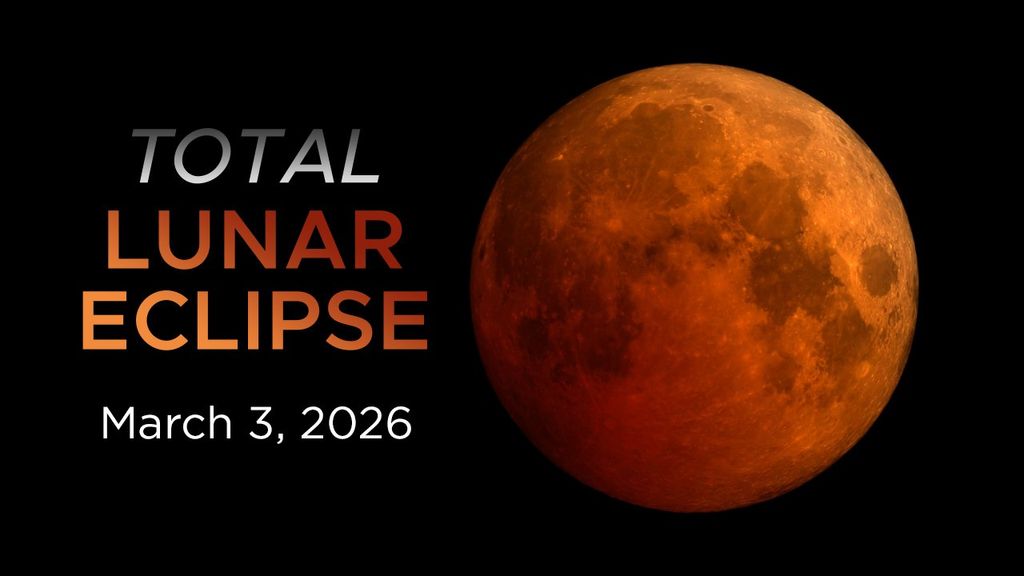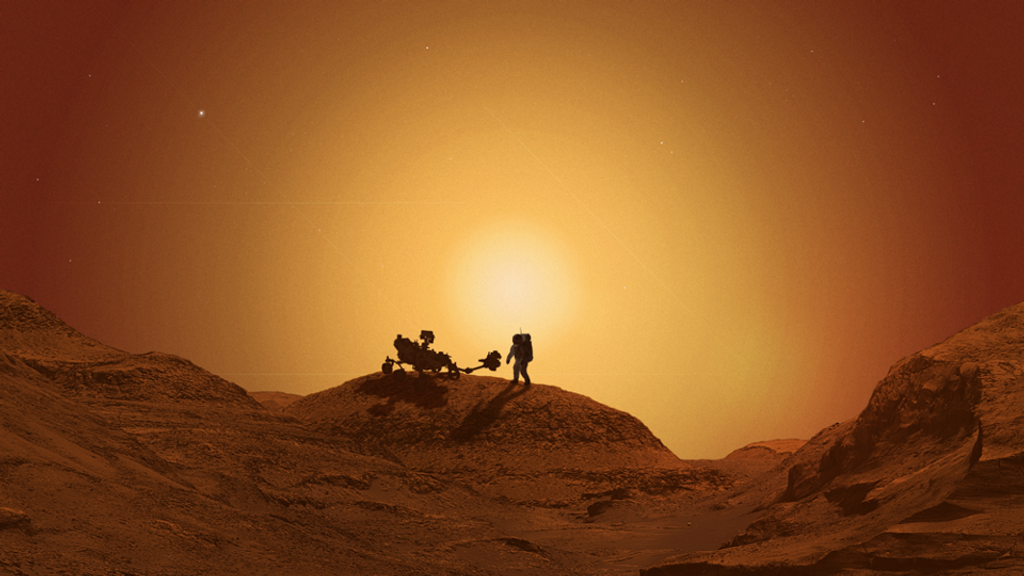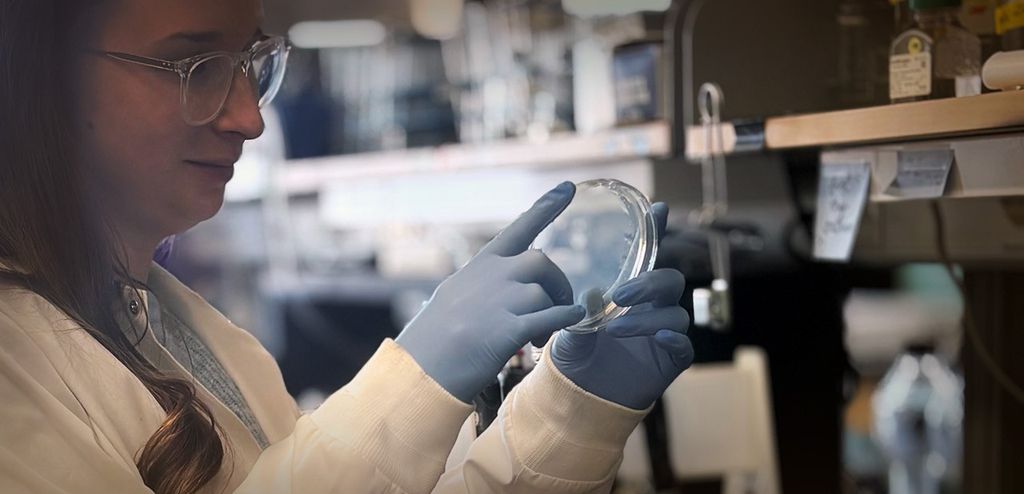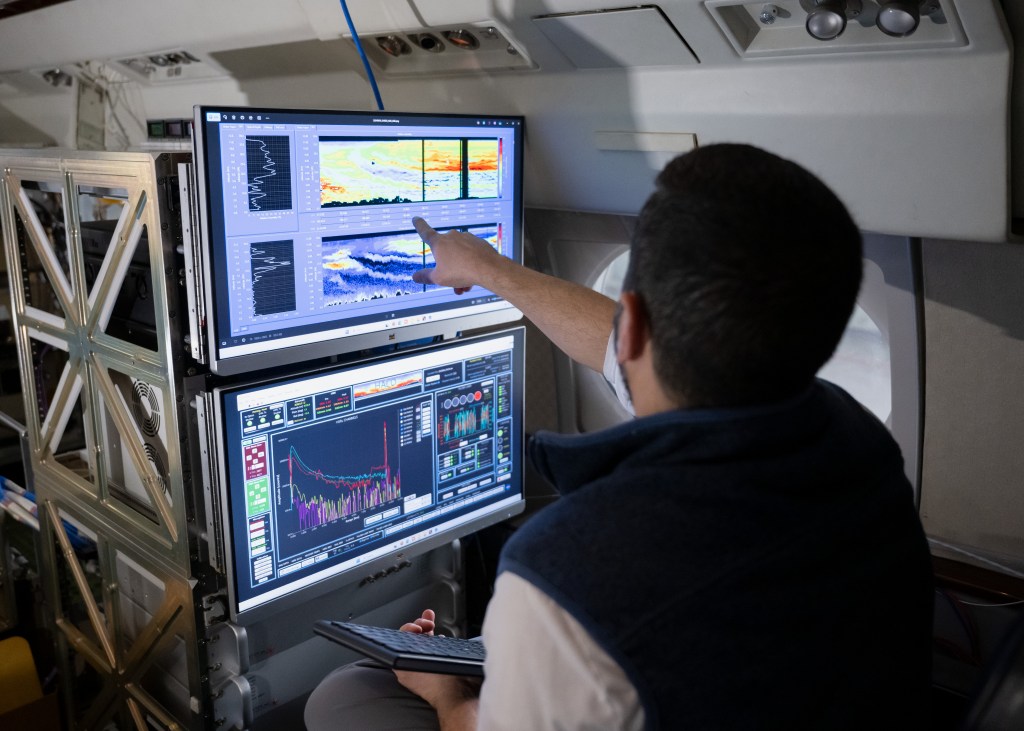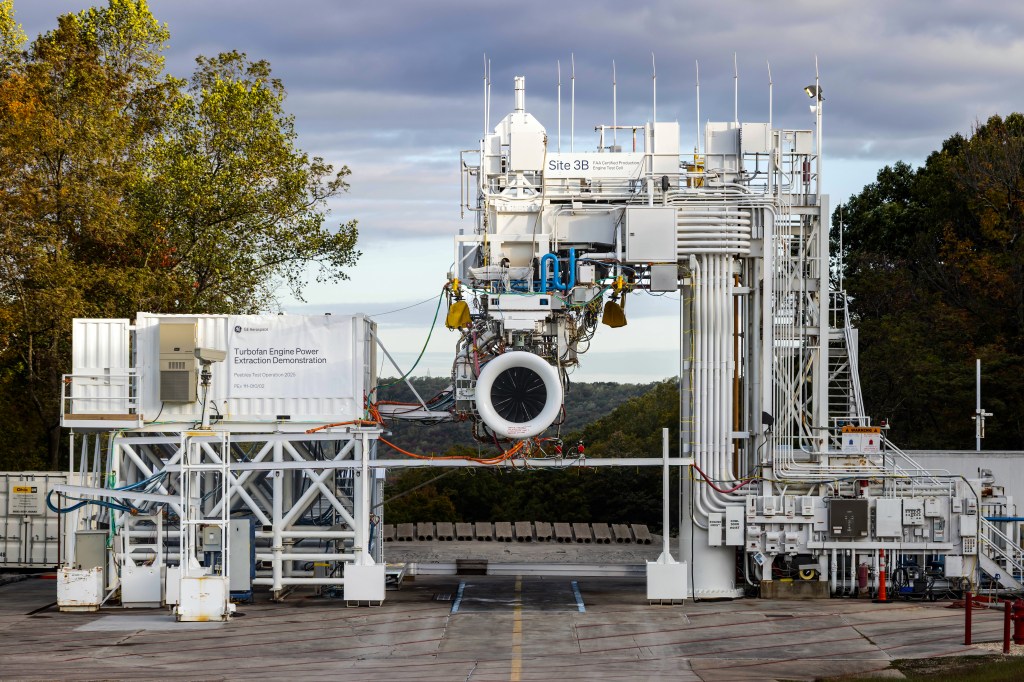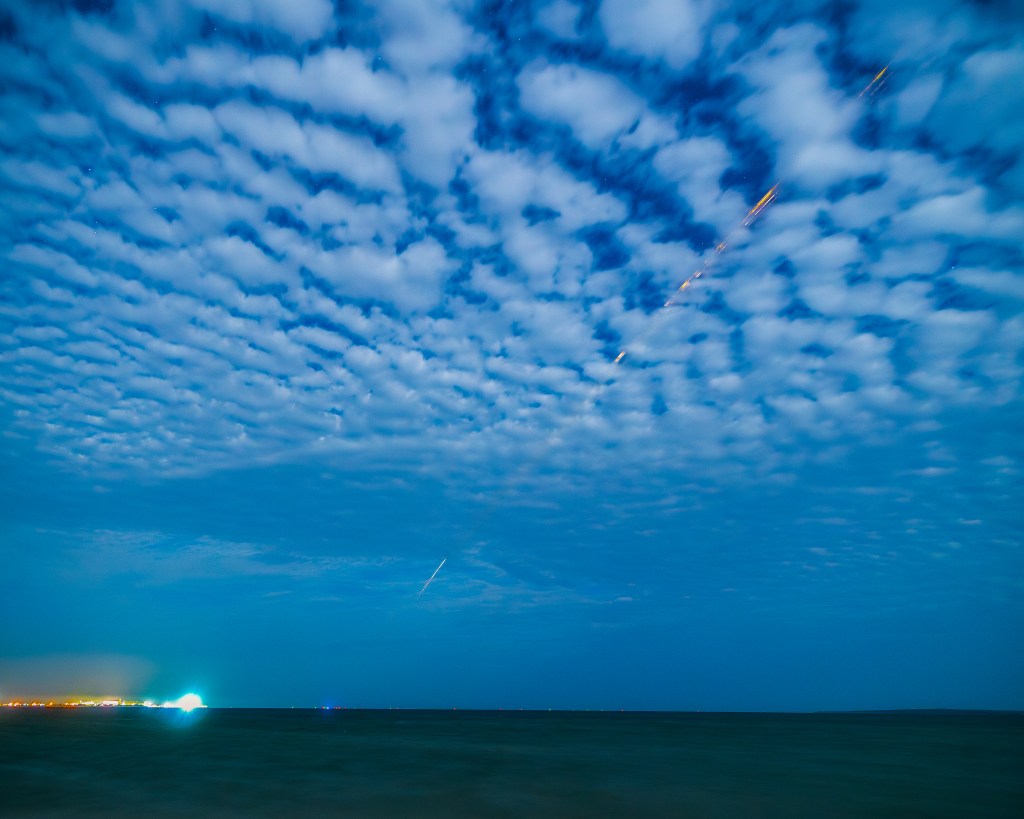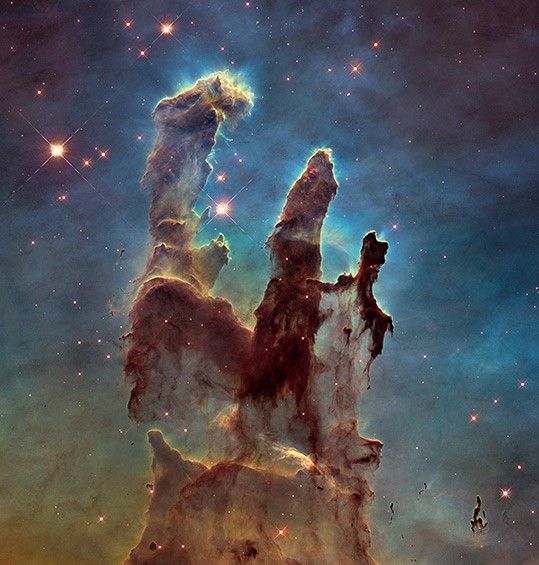1 min read
ESA’s Faint Object Camera First Images

Two views of a small (4.6 by 6.2 arcsecond) star field in the galactic cluster NGC 188 containing two stars separated by 2.9 arcseconds in the sky. Located at a distance of about 5,000 light years, both stars are far too remote for their surfaces to be resolved, and are therefore suitable point sources for evaluating optical imaging quality.
The ground-based image on the left was obtained with the 2.5 meter Nordic Optical Telescope at the Observatorio del Roque de los Muchachos on the island of La Palma. At the time this exposure was taken the atmospheric conditions were such that the stellar images were blurred to an apparent diameter of 1.9 arcseconds - somewhat poorer than typically found at this excellent site.
The image on the right is a portion of one of the first images obtained with ESA's Faint Object Camera onboard the NASA Hubble Space Telescope. Even though this test image was taken with the telescope still not yet completely in focus, the dramatic improvement in spatial resolution provided by the Faint Object Camera is immediately apparent. The stellar images display a sharp core of diameter less than 0.1 arcseconds surrounded by an approximately 8 times larger diffuse "halo".
It is expected that as the focus of the Hubble Space Telescope is further improved in the coming weeks, the light currently present in the halo will be concentrated within the 0.1 arcsecond diameter core – thereby yielding still sharper images.
About the Object
- R.A. PositionR.A. PositionRight ascension – analogous to longitude – is one component of an object's position.00h 48m 25.99s
- Dec. PositionDec. PositionDeclination – analogous to latitude – is one component of an object's position.85° 15' 18.0"
- Object NameObject NameA name or catalog number that astronomers use to identify an astronomical object.NGC 188
- Release DateJune 22, 1990
- Science ReleaseESA’s Faint Object Camera First Images
- Credit
Share
Details
Claire Andreoli
NASA’s Goddard Space Flight Center
Greenbelt, Maryland
claire.andreoli@nasa.gov









